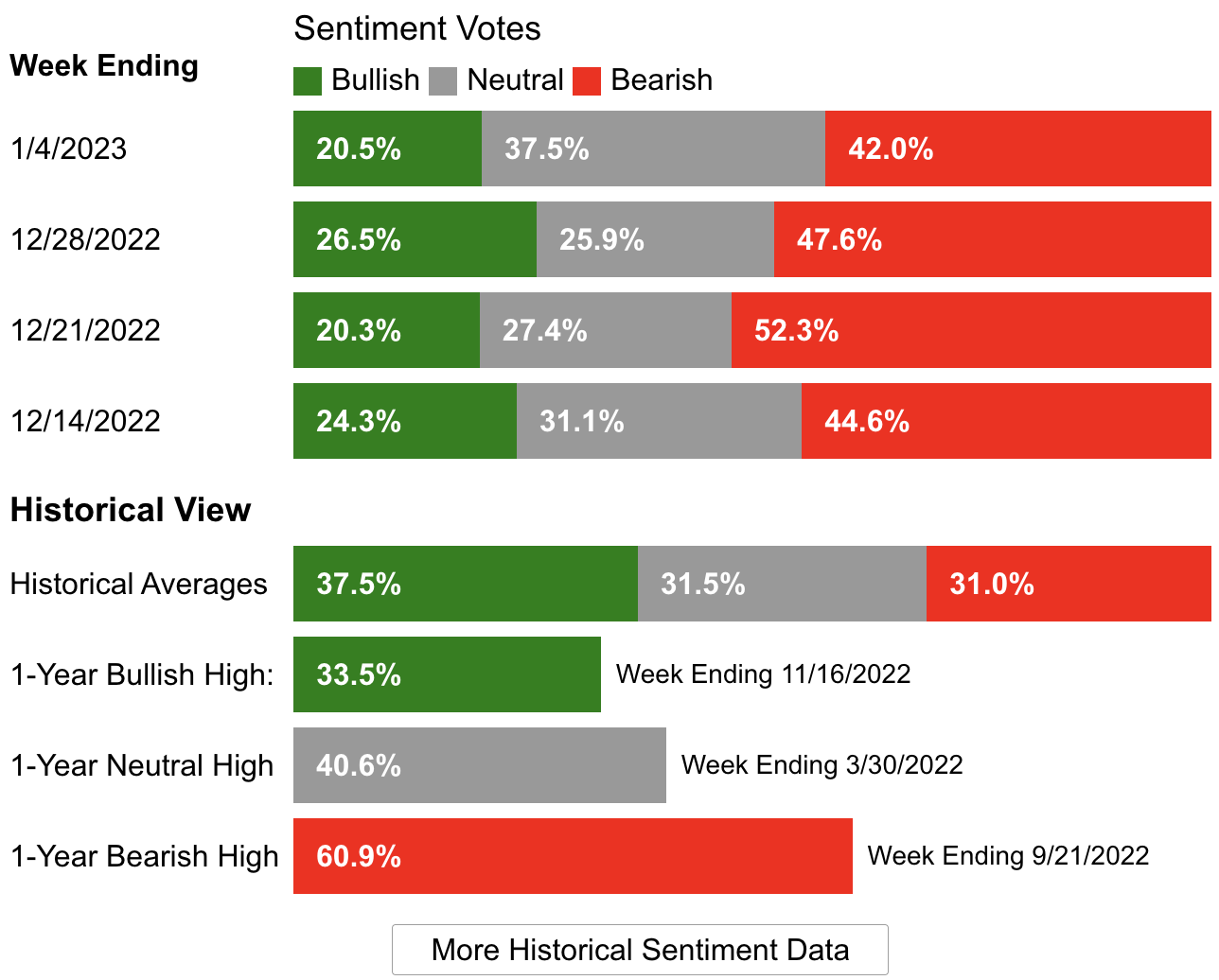- European stock markets outperformed the S&P 500 by a significant margin last year
- Still, the year's winner was the Latin American market — which mainly benefited from its greater exposure to commodities
- As long as the macro conditions remain in place, the odds are that the trend will remain in place well into 2023
In a complete change of pace from the last decade, European stock markets, in general, beat U.S. indexes by a considerable margin in 2022.
One of the main reasons for the trend is the fact that some European indexes have greater exposure to banks (as in the case of the IBEX 35) and others to commodities (such as the British FTSE 100). Also, in general, most indexes have less exposure to the technology sector and more to the energy sector.
The German Dax was one of the best indexes in the world in the last quarter of 2022, rising by +15%, followed by the Stoxx 600 that rose by +9.5%. In contrast, the S&P 500 rose by roughly +7%.
Latin American equities performed even better. In fact, the region's market had a stronger 2022 than most equity markets in the world. That is because these markets tend to have a higher weighting in sectors such as energy, financials, materials, and consumer staples.
Conversely, they have less exposure to technology and consumer discretionary sectors.
This trend could continue well into the new financial year, and — as long as current macroeconomic conditions remain in place — we could see the stock markets of Latin America and the Old Continent outperform Wall Street.
Things About the S&P 500 That Might Surprise You
We already know that the S&P 500 ended 2022 with a sharp decline. In fact, 2022 was the worst year since 2008 with the global financial crisis, and if we go back further, since 1940, it has been the worst year, only behind 1974, 2002, and 2008.
This year marks the end of the last bullish streak, which lasted for three years: 2019 (+31.5%), 2020 (+18.4%), and 2021 (+28.7%), all total annual returns.
Of course, there were worse years, too. The most recent was 2008 (-37%), 2002 (-22.1%), and 1974 (-25.9%). And if we take a look at the returns in the 1929 to 1941 period, we find that out of those thirteen years, nine were negative, some with drops of -25%, -44%, and -35%.
Here's the profitability data per decade:
- 30-39: -1%
- 40-49: +9%
- 50-59: +19%
- 60-69:+8%
- 70-79: +6%
- 80-89: +17%
- 90-99: +18%
- 00-09: -1%
- 10-19: +14%
- 20-22: +8%
In terms of record highs, we had been setting a good number every year for the last few years, but 2022 was a turning for that as well.
Many investors probably think that seeing the S&P 500 move 10% up or down is not very common. Since 1950, we have seen that happen in 51 years, 39 of which were upwards and 12 downwards, i.e., almost 70% of the time.
4 Major Technology Companies in the Last 3 Recessions
Let's look at the behavior of 4 big tech companies such as Microsoft (NASDAQ:MSFT), Apple (NASDAQ:AAPL), Google (NASDAQ:GOOGL) and Amazon (NASDAQ:AMZN) in the last three recessions.
2022 is included because, according to the official definition of recession, it was met. But, the National Bureau of Economic Research (NBER) considers that it will be in 2023 when it arrives since this organization has bigger criteria to fulfill to call it a recession.
Returns in 2008:
- Microsoft: -44%
- Apple: -57%
- Google: -56%
- Amazon: -45%
In 2020:
- Microsoft: +43%
- Apple: +82%
- Google: +31%
- Amazon: +76%
And in 2022:
- Microsoft: -28%
- Apple: -26%
- Google: -39%
- Amazon: -50%
The year 2020 was special because of the pandemic-induced lockdown, which strongly increased the demand for online services for professional, personal, and leisure purposes.
Investor Sentiment
Bullish sentiment, i.e. expectations that stock prices will rise over the next six months, fell 6 percentage points to 20.5% and remains below its historical average of 37.5%. This is the second time in three weeks that bullish sentiment has been in the low 60s recorded since the survey's inception in 1987.
Bearish sentiment, i.e., expectations that stock prices will fall over the next six months is at 42% and remains above its historical average of 31%.

The ranking of the main stock exchanges so far in 2023 is as follows:
- Italian FTSE MIB: +6.22%
- French CAC 40: +5.98%
- Euro Stoxx 50: +5.91%
- Spanish Ibex 35: +5.74%
- German DAX: +4.93%
- British FTSE 100: +3.32%
- Chinese CSI 500: +2.82%
- Dow Jones Industrial Average: +1.16%
- S&P 500: +1.04%
- Nasdaq: +0.28%
- Japanese Nikkei: -0.46%
